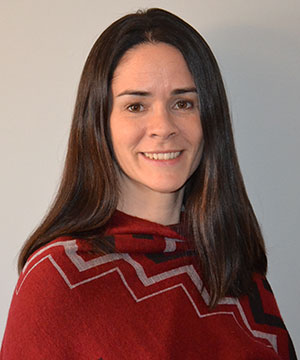Shared learning helps Indigenous students become health researchers
Dr. Martin’s Indigenous Mentorship Network incorporates traditional Ways of Knowing into Atlantic postsecondary universities/colleges

Dr. Debbie Martin, Canada Research Chair in Indigenous Peoples Health and Well-Being and Associate Professor in the Faculty of Health at Dalhousie University
According to a Universities Canada report, less than 10% of Indigenous people in Canada aged 25 to 64 have a university degree, while more than 26% of non-Indigenous Canadians have a degree. Given this disparity – and the lack of Indigenous health researchers in Canada – there is a need to develop strategies to encourage Indigenous students to seek higher education and pursue graduate research.
Through the CIHR-funded Atlantic Indigenous Mentorship Network, Dr. Martin’s team is examining ways to encourage Indigenous students to study health research in Canada’s eastern provinces. This includes seeking guidance from Indigenous Elders and knowledge holders, offering an innovative Kausattumi (Inuktitut for “the dawn”) postsecondary grant program for Indigenous students, and developing an Indigenous learning series for university academics and administrators.
Through these strategies, Dr. Martin and her team hope to incorporate Indigenous cultural identities and Ways of Knowing into postsecondary institutions so that Indigenous students will feel supported and motivated to learn.
“Co-learning between Western researchers and Indigenous students opens new doors to discoveries in health research. CIHR’s support of this innovative mentorship network encourages Indigenous students to become early career investigators and trainees – and increases the chance of their work being applied in Indigenous communities.”
- Date modified: